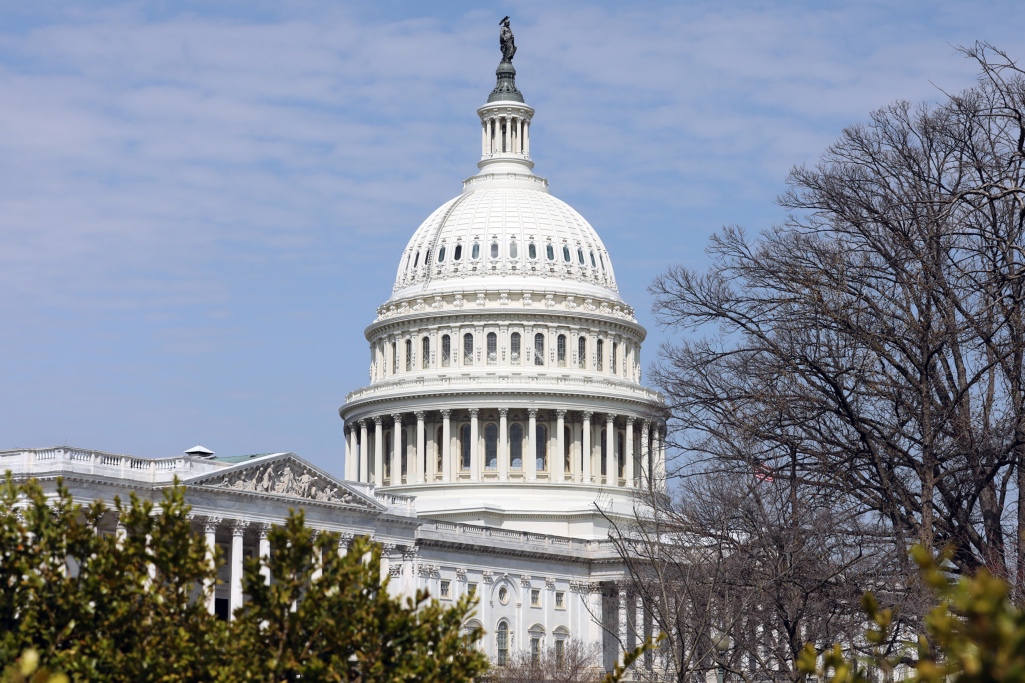A law requiring an abortion doctor to have admitting privileges at a nearby hospital should be upheld by the U.S. Supreme Court as the “legitimate interest” of a state in protecting the lives and health of women, the Southern Baptist Convention’s ethics entity told the justices.
The Ethics & Religious Liberty Commission (ERLC) filed a friend-of-the-court brief Jan. 2 that urged the high court to affirm a Fifth Circuit Court of Appeals decision upholding a 2014 Louisiana law intended to protect women who suffer complications from abortion. Oral arguments in the case are scheduled March 4.
In February 2019, the Supreme Court blocked enforcement of the Louisiana law while it was under appeal, but the justices agreed in October to review a Fifth Circuit panel’s 2-1 decision in 2018. A ruling in the case – June Medical Services v. Gee – is expected before the high court’s term ends this summer.
The case offers the Supreme Court the opportunity to revise the standard on which it based a 2016 decision – Whole Woman’s Health v. Hellerstedt – regarding a similar Texas law. In that ruling, the high court voted 5-3 to rule portions of that law constitute an “undue burden” on a woman’s right to abort her child and are therefore unconstitutional. Overturning a Fifth Circuit opinion in that case, the justices invalidated a section mandating admitting privileges for an abortion doctor. They also struck down a requirement that an abortion clinic must meet the health and safety standards of other walk-in surgical centers.
“Louisiana has the right to ensure the health and safety of its people by regulating the medical profession,” said Travis Wussow, the ERLC’s general counsel and vice president for public policy.
“This case should challenge the odd set of cultural assumptions and legal precedents under which the abortion industry operates with near impunity from the scrutiny of standard medical regulations,” he told Baptist Press in written comments. “As abortion clinics claim to be medical providers, then the state is well within its duty to regulate their practices for the safety of women.
“We hope the Supreme Court will discard the ‘undue burden’ carve-out and apply the same ordinary and rational scrutiny to Louisiana’s law that would apply to any other medical regulation,” Wussow said.
The ERLC, joined by the Lutheran Church-Missouri Synod (LCMS), contended in the new brief the “undue burden” test is the incorrect standard for laws that regulate abortion doctors.
The Unsafe Abortion Protection Act is “a valid exercise of Louisiana’s authority to enact reasonable health-and-safety measures,” according to the brief. “The Act does not target abortion providers for unique burdens; it only holds such providers to the same standard already required of other surgical centers.”
Roe v. Wade – the Supreme Court’s 1973 opinion legalizing the right to abortion – “acknowledged that ‘[t]he State has a legitimate interest in seeing to it that abortion, like any other medical procedure, is performed under circumstances that insure maximum safety for the patient,” the brief said.
Both Doe v. Bolton – a companion opinion to Roe – and Planned Parenthood v. Casey, the 1992 decision that affirmed the right to abortion while offering the “undue burden” test – affirmed a state’s legitimate interest in protecting the health and safety of women undergoing abortions, according to the brief.
Neither the abortion clinics and doctors challenging the law “nor the women they purport to represent [have] a fundamental right for abortions to be performed by physicians without hospital admittance privileges,” the ERLC and LCMS said in the brief.
In place of the “undue burden” test regarding health-and-safety requirements, the Supreme Court should use a standard from a 1997 opinion that calls for “ordinary rational basis review,” according to the brief. No evidence exists that the Louisiana law “prevents a single woman from obtaining an abortion,” the brief said. “It follows that [the law] is subject to ordinary rational basis review.”
According to the brief, eight other states have laws similar to that of Louisiana: Arizona, Florida, Idaho, Indiana, Kansas, Missouri, North Dakota and Tennessee.
Abortion rights advocates see the Supreme Court’s decision to rule in the case as an ominous sign it is poised to reverse its 2016 ruling that struck down portions of the Texas law.
Since the decision in that case, President Trump has nominated Neil Gorsuch to replace the late Antonin Scalia, who died in 2016 before that ruling. When Associate Justice Anthony Kennedy retired in 2018, Trump nominated Brett Kavanaugh. The U.S. Senate confirmed Gorsuch in April 2017 and Kavanaugh in October 2018. Both are considered strict constructionists regarding interpretation of the U.S. Constitution and likely votes to support state regulation of abortion providers.
The Louisiana measure – introduced by Democrat Rep. Katrina Jackson – gained passage with overwhelming, bipartisan majorities in both houses.
(EDITOR’S NOTE – Tom Strode is Washington bureau chief for Baptist Press.)


